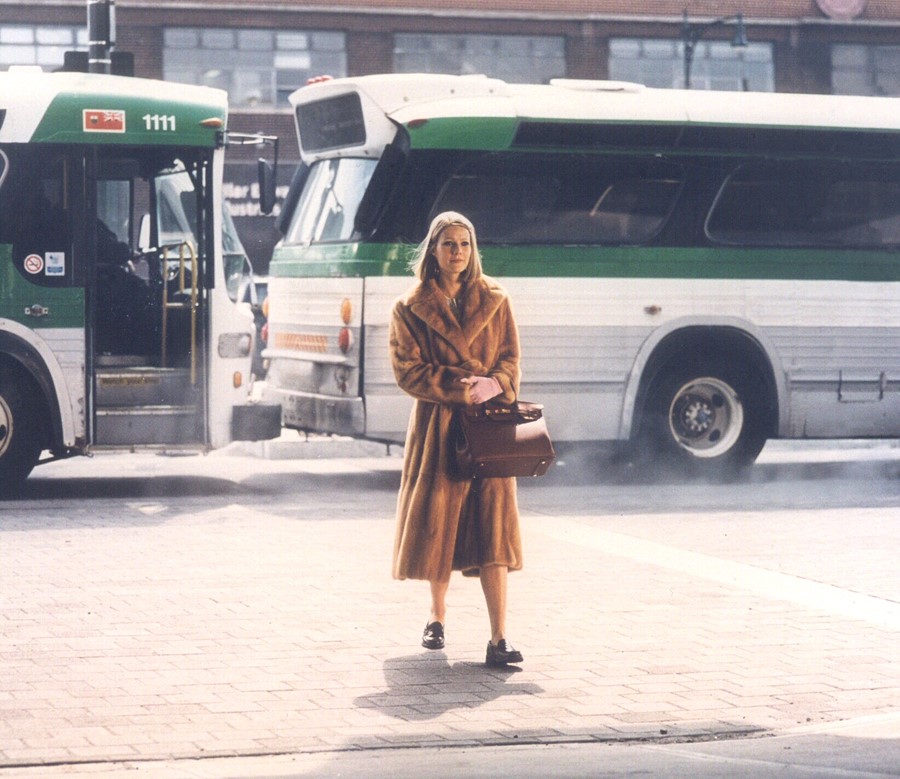As Fendi opens a new exhibition celebrating the part they played in dressing some of cinema's most memorable heroines, we play favourites and pick Margot Tenenbaum for the win
A striped Lacoste tennis dress, thick kohl eye-liner and a long Fendi fur coat – this is the look that defines Margot Tenenbaum, played by Gwyneth Paltrow in the The Royal Tenenbaums (2001) by Wes Anderson – and Margot’s fur coat is currently displayed at Making Dreams, an exhibition presented at the Cinema Manzoni in Milan celebrating Fendi’s long-standing relationship with film.
The film tells the story of three gifted siblings who fail to ever match or achieve the fame and success awarded to them as children. Apparently based on the sultry, troubled persona of Nico, Margot Tenenbaum stretched far beyond her cinematic parameters to become a style icon of the 1970s. There is an endearing charm to her consistently dispirited doe eyes and sullen tone, dressed in a toffee, wrap-over mink fur by Fendi with wide lapels and a tied belt. She wears this over several variations of her Lacoste tennis dress with a piqué collar, teamed with a blunt haircut, plastic hair slides and androgynous brogues, designed collaboratively by Wes Anderson and costume designer Karen Patch.
"A striped Lacoste tennis dress, thick kohl eye-liner and a long Fendi fur coat – this is the look that defines Margot Tenenbaum"
Through Margot, the Fendi fur gained an indie, bohemian edge. Indeed, the idea of throwing a luxurious fur coat over a thrift-shop tennis dress is an one still adopted today; a cult look that continues to be headlined by Margot. The film made Paltrow a pop-culture icon, muddying up her clean-cut, candy pink Oscar dress reputation with this bobbed anti-heroine, who advocated chain-smoking in the bath and exuded the undeniable allure of the tortured soul.
Anderson took classic cultural milestones of the time and exaggerated them, allowing the film a heightened sense of reality and irony that becomes almost like an alternative world occupied by the Tenenbaums. Underlying themes play through Margot’s clothing: the objectification of women during the decade, the limbo between innocence and womanhood and her adoration for her former tennis-pro adopted brother. Margot summarises the latter in her dry manner when she famously says, “I think we are going to have to be secretly in love with each other and leave it at that.”
Fendi: Making Dreams is at the Cinema Manzoni, Milan until October 6.
Text by Mhairi Graham
